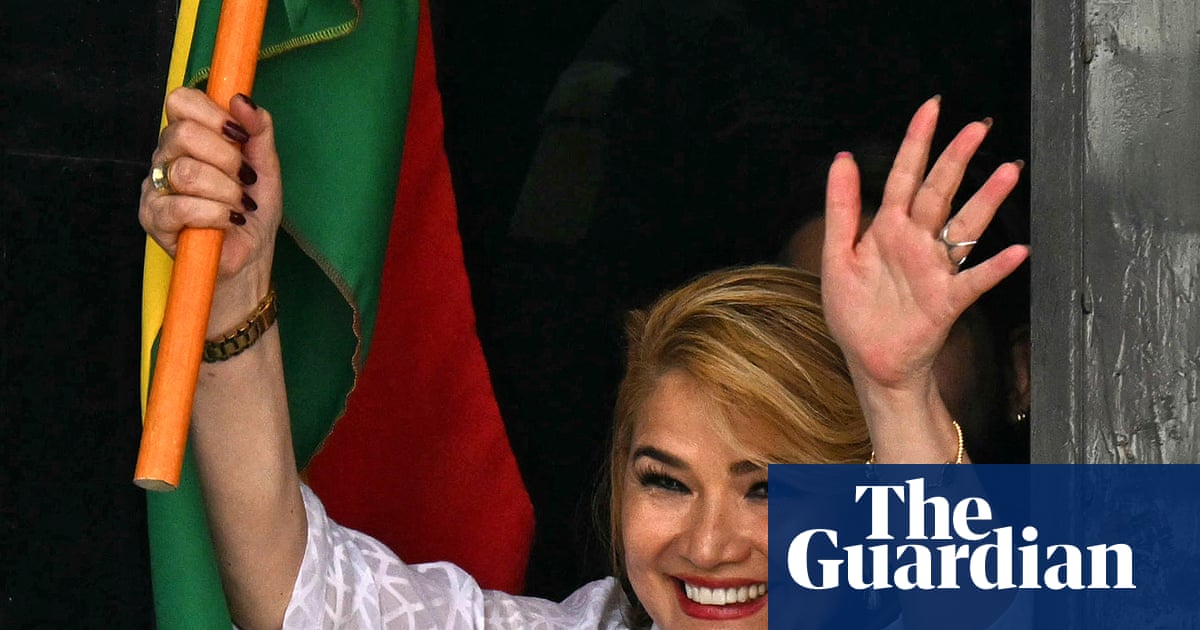The disappearance of a respected monk from his Buddhist temple in central Bangkok has revealed a sex scandal that has rocked Thailand, with allegations of blackmail, lavish gifts and a string of dismissals raising questions about the money and power enjoyed by the country’s orange-robed clergy.
Investigations into the whereabouts of senior monk Phra Thep Wachirapamok unexpectedly led police to a woman who the police suspect conducted intimate relationships with several senior monks, and then blackmailed them to keep the liaisons quiet.
When police searched her home this month they found mobile phones that reportedly contained tens of thousands of compromising photos and videos of the missing monk, and several other senior Buddhist figures. Police also tracked her finances, which they said showed links to temples.
“We checked her financial trail and found that it involves many temples,”
Jaroonkiat Pankaew, from the Thai police’s central investigation bureau told a press briefing on Tuesday. “After we seized her mobile, we checked and found that there are several monks involved, and several [video] clips and Line chats,” he added, referring to the popular messaging app.Phra Thep Wachirapamok has not been seen since he left the temple and no charges have been laid over his disappearance. But the woman, Wilawan Emsawat, was arrested on Tuesday, and has been charged with extortion, money laundering and receiving stolen goods.
Wilawan has not commented fully on the charges, and it is not clear if she has a legal representative.
But in an interview with Thai media aired on Wednesday, she admitted to having relationships with two monks and a religious professor. Wilawan also said she received extravagant gifts, including a Mercedes-Benz SLK200 and “millions” of baht, in the form of bank transfers and a personal bank card. She expressed guilt over the relationships, saying she had fallen in love.
Police said that about 385 million baht ($11.9m) had been deposited into Wilawan’s bank accounts in the past three years. In a separate interview, she said she had given money to another monk she was dating.
Stories of misbehaving monks are not uncommon in Thailand, but the scale of this case has shocked many, sparking questions about how monks – who are expected uphold the celibate traditions of Theravada Buddhism and refrain from earthly desires – seemingly strayed so far from their beliefs.
‘Money, power and titles’
The salacious scandal, which has dominated the news in the south-east Asian nation, has led to the defrocking and dismissal of at least nine abbots and senior monks.
One monk implicated faces two charges: embezzlement of temple funds and official misconduct, while investigations into others are ongoing. The monk admitted to loaning money from the temple funds, but said it was to help Wilawan with a business endeavour.
“This is the first time I have seen a scandal like this,” said Paiwan Wannabud, who spent almost 20 years in the monkhood before leaving in 2021, and is now an LGBT influencer.
While much of the coverage has focused on the woman at the centre of the scandal, Paiwan says the case raises important questions about the “money, power and titles” that enable such behaviour – a sentiment reflected in recent op-eds.
“When the clergy’s moral decay is in full view, it’s the woman who takes the fall while the monks are cast as victims,” wrote one commentator, Sanitsuda Ekachai, in the Bangkok Post, deriding what she said was a feudal-like system in which monks “live in privilege, surrounded by wealth and deference”. Another op-ed published by Thai broadcaster PBS thanked Wilawan for her role in exposing the conduct, saying: “Without her, these deep-rooted malpractices might never have come to light”.
Monks in Thailand receive monthly food allowances of between 2,500-34,200 baht (£57-785), depending on their rank, but temples and monks also receive donations. The latter can prove especially lucrative for monks of higher stature, who might be given tens of thousands of baht, or even more, by wealthy individuals.
In a separate case earlier this month, the abbot of a famous temple in Bangkok raised eyebrows when he reported the theft of 10 million baht (£229,000) in cash and gold bars from his room.
Acting prime minister, Phumtham Wechayachai, ordered authorities last week to consider tightening existing laws related to monks and temples, especially in relation to temple finances. Temples are required to disclose their earnings.
The National Office of Buddhism, which said monks will be investigated no matter how senior they are, has also suggested reviving a draft law that carries criminal penalties for those who damage the reputation of Buddhism, including through sexual misconduct.
In response to the crisis, Thailand’s King Maha Vajiralongkorn issued a royal command on Tuesday, cancelling earlier announcements that had granted ecclesiastical titles to dozens of senior monks.
Meanwhile Thai Police have promised to continue investigations “across the country” with the central investigation bureau setting up a Facebook page for people to report monks behaving badly.
Paiwan said that faith in Buddhism would remain, but that trust in monks may deteriorate. “They were lost to their passion and their lust,” she said.

 3 months ago
3706
3 months ago
3706

















































